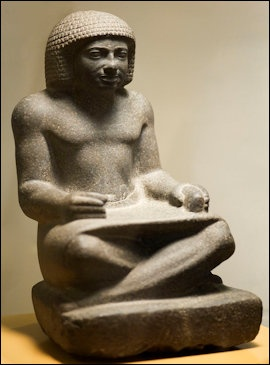
A Review of Yurugu: An Afrikan-Centered Critique of European Cultural Thought and Behavior By Dr. Marimba Ani. First Africa World Press Books 2014 (First Edition, First Printing Africa World Press, 1994) By Mboya Ogutu Introduction Dr. Marimba Ani is forthright and unapologetic on the polemic tone of this magisterial milestone in African-centered ideological and political (anthropological) study of European culture. The book “Yurugu,” is a 570-page relentless analysis of the source (“asili”-further on) and mechanics of European ideology. It is determined that European ideology, which informs its nationalism is intrinsically imperialist in tendency. The main purpose of Dr. Ani’s study is to unmask this ideology, therefore providing tools to appraise and counter it, “ideologically and politically.” In essence, this is a study of European culture in its totality by a non-European, an African. An intriguing if not vital twist in the sense of the colonized using anthropolo...

